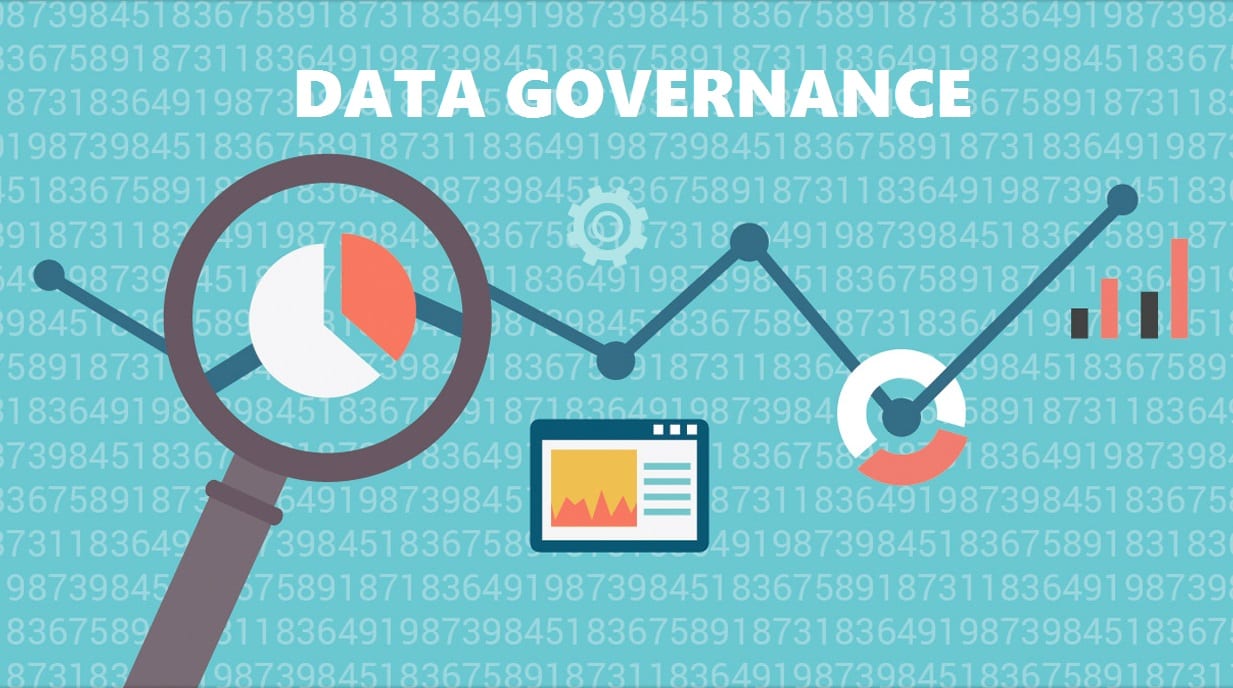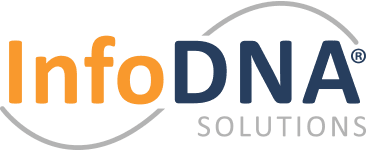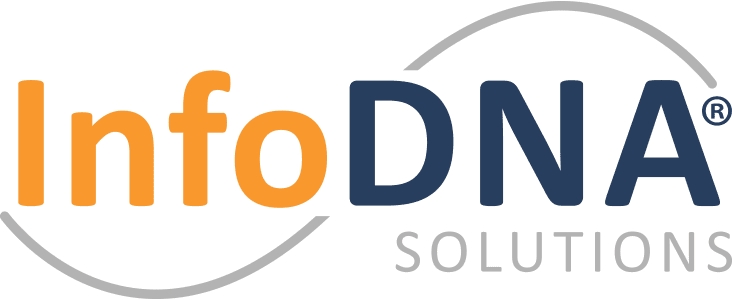
CCPA has been designed to give Californians more control over their personal data and will be the most comprehensive privacy law in the US to date. Let’s talk about what this privacy law entails and how it will affect your organization and managing your information.
What is it?
The California Consumer Protection Act (CCPA) became effective now one year ago – January 1, 2020. The objective of this act is to regulate the personal information of Californian consumers, as it will increase their privacy rights with the following five guarantees:
- To know what personal information is collected about them
- To know whether their personal information is sold/disclosed, and to whom
- To access their personal information that has been collected
- To have a business delete their personal information, if requested
- Not to be discriminated against for exercising their rights under the Act
Who is impacted?
The CCPA will impact organizations that sell or collect personal information from or about Californian consumers. This applies to for-profit businesses operating in California that collect personal information of California Consumers and fall under one or more of the three points below:
- Have annual gross revenue over $25M (USD)
- Annually buy, receive, sell, or share personal information of over 50,000 Californian consumers, households, or devices
- Derive at least 50% of their annual revenue from selling Californian consumers’ personal information
Companies that both intentionally or unintentionally violate these guidelines will be subject to fines.
The Californian attorney general may bring action against any company or individual person violating the CCPA for up to $2,500: meaning an organization that has (unintentionally) sold information of 100 profiles of individuals who have opted-out would be penalized $25,000. If a violation is found to be intentional, the cap would go up to $7,500 per individual.
 What does this Act mean for organizations’ business obligations?
What does this Act mean for organizations’ business obligations?
As with ensuring compliance for GDPR, organizations will be required to put a lot of planning and efforts into meeting CCPA criteria. This will impose new business obligations, such as :
- Needing to provide notice to consumer prior to collection of their data.
- Creating procedures to effectively respond when consumers opt-out.
- Responding to requests from consumers who inquire about what information is stored and/or make requests to delete of opt-out.
- Verifying the identity of inquiring consumers, whether or not the consumer holds a password-protected account with the business.
- If unable to verify a request, complying to the greatest extent they can.
- Disclosing financial incentives offered for exchange of consumers’ personal information, along with the ability to clearly show the value of this information (must include how this incentive is permitted under CCPA).
 With this criteria, organizations have to impose new email and ad marketing strategies and update their consumer-facing business processes, but changes will also be required with how they manage their consumer-related data and information.
With this criteria, organizations have to impose new email and ad marketing strategies and update their consumer-facing business processes, but changes will also be required with how they manage their consumer-related data and information.
How will this impact organizations’ records management?
With enactment of this Act and those that will follow, it is critical for organizations to keep data relevant, accurate, and maintain adequate information security. The CCPA will require companies to ensure they have proper support, tracking, and reporting platforms around data protection and management. Retention schedules may be shortened in the case that consumers reach out and ask for their personal information to be deleted.
In terms of records management, the following should be considered:
- Organizations should understand what Personal Data they hold, and how it is classified.
- In addition, current retention policies and schedules should be reviewed to ensure compliance with CCPA. This would include the ability to easily adjust and customize lifecycle workflows as necessary.
- Both electronic and physical records should be managed in a way where eDiscovery is optimized. When a consumer requests personal information, organization member should be able to easily search and access said data.
- Organizations should have the procedures and tools necessary to opt-out and dispose of personal information, in case this is requested by a Californian consumer.
- Ensuring that this Personal Data is protected and data breach procedures.
 Both GDPR and CCPA signify a growing movement that will give consumers more rights over their personal information. As these Acts evolve, and as more get implemented, organizations should take the measures to not only focus on checking off the marketing and business strategies basics, but adjust their records management practices and data privacy measures in accordance.
Both GDPR and CCPA signify a growing movement that will give consumers more rights over their personal information. As these Acts evolve, and as more get implemented, organizations should take the measures to not only focus on checking off the marketing and business strategies basics, but adjust their records management practices and data privacy measures in accordance.
Where to start bring automation to the effort
Contact InfoDNA solutions where the Topla platform can be applied across document stores – rather complex ECM environments or basic network drive – to identify and flag PII data that would drive CCPA queries. Learn more at www.infodnasolutions.com



